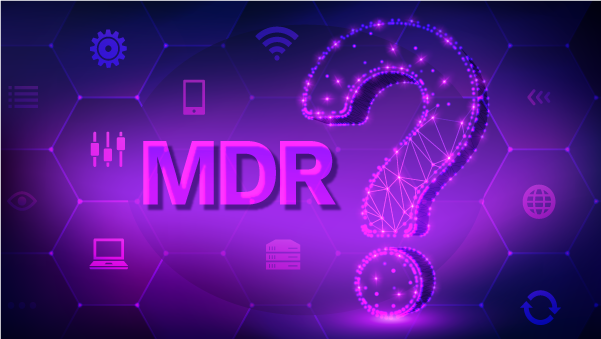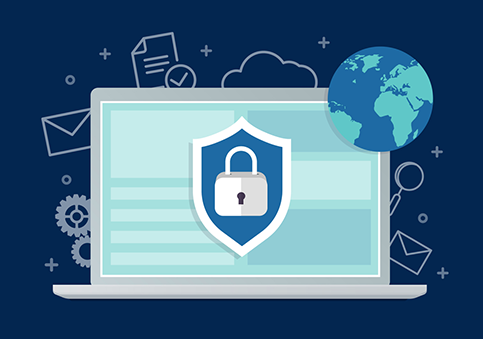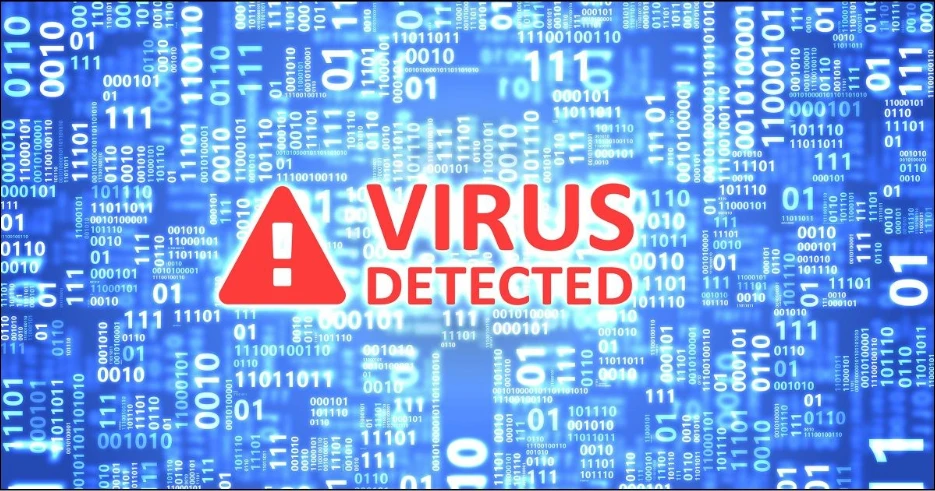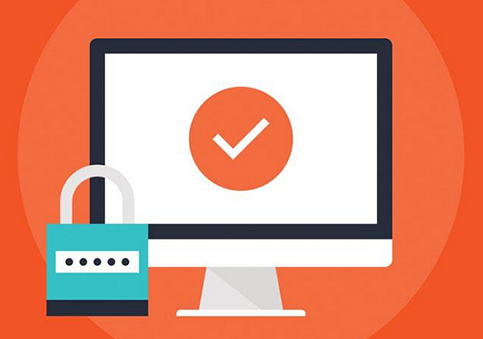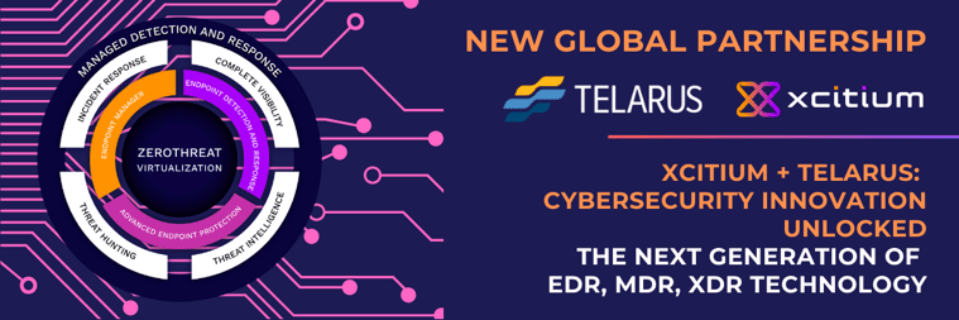Top 8 Cloud Computing Security Issues
Updated on January 29, 2024, by Xcitium
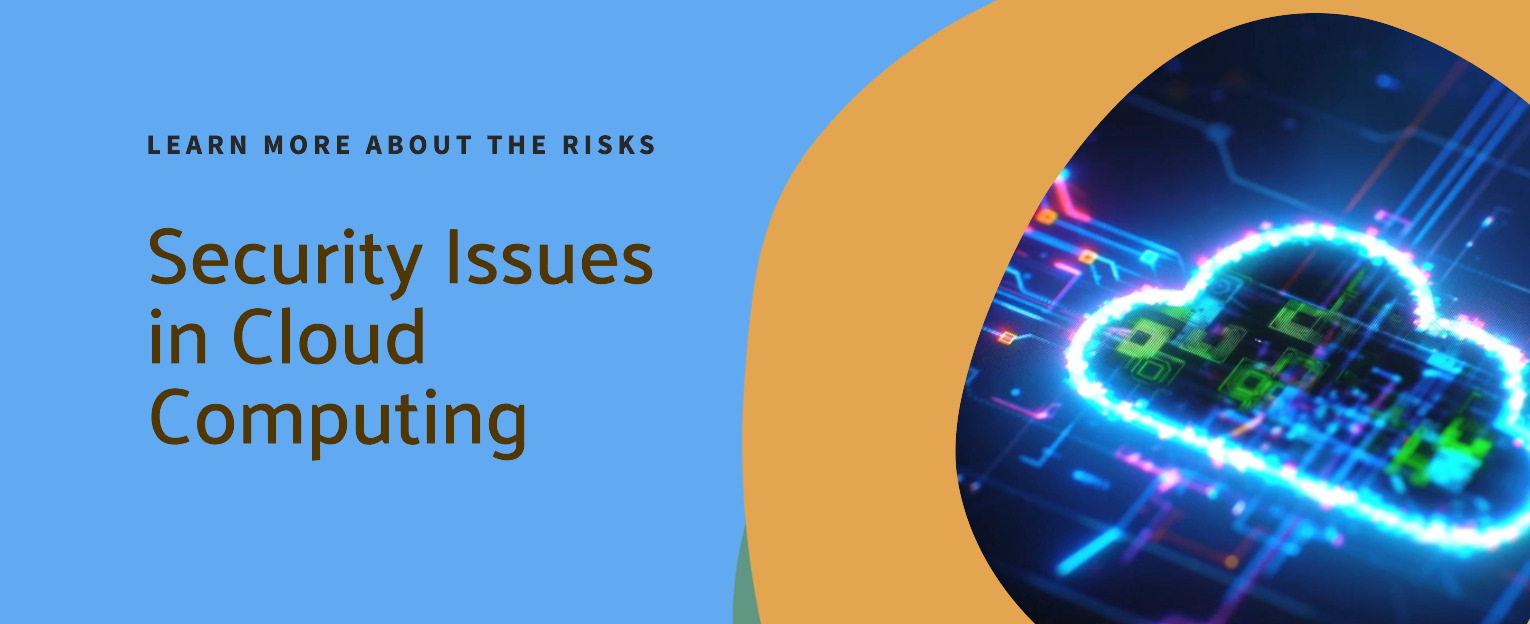
Being digital is the only way to scale your business and beat the competition. Coming as a fully digitalized enterprise also has some downsides for companies. Likewise, how open, and noticeable all platforms for services offering become, and how all employed technologies can get affected by outer danger.
The outer danger directly suggests the occurrence of malware attacks and system breaches. Cloud storage, one of the finest elements of digitalization, is also a target of all cyber-criminal activities. The one can bring forth various opinionative points on the support of cloud computing and its protected guard against cyber attackers. However, without expert support from a proficient cybersecurity team, it can become challenging to shield all the network environments.
There are numerous risks and security issues in cloud computing that can be discussed with people, as the prime reason for this danger is the evolution of cybercrimes. Let’s discuss the common security issues in cloud computing that can develop various questions regarding its acquisition.

Trust & Reliability
First, we should understand that there are three types of cloud computing that companies obtain.
Public cloud: This cloud serves several people and business companies.
Private cloud: It is innovated for particular organizations for the daily use of internal staff.
Hybrid cloud: The cloud combines both private and public utilization of the network environment servers.
Companies acquiring the services of the public cloud allow third-party servers to keep their data secure. The exclusive data of the companies remains precious and important for them; that’s why they employ the most secure places to save it from the cyber-attacks of data thieves. But cloud computing, not allowing an unbreakable security shield, can’t be reliable for companies. Therefore, this is one of the key issues of cloud computing.
Data Backup Issues
Cloud is known for various offered services such as networking, software, and servers; however, cloud storage is most promising above all. Companies prefer choosing cloud computing to store their classified data, it saves them from having their own hardware systems and physical documentation departments.
Although the questions regarding capabilities arise when the data of the companies is not uploaded on a daily basis, leading to chaos consequences for the enterprises’ workplaces. Therefore, this issue of data backup does influence companies to go for the most trusted cloud computing services offering partners.
Corrupt Data Storage
The cloud database helps companies to store their data and manage it accordingly. Being third-party providers, the vendors try to grab many clients to fill out the capacity. Thus, the most reliable database can also malfunction and misplace the data of the organizations.
In the world of cloud computing, we call it “data loss” which happens due to weak and underreported data storage that gets corrupted by viruses. There are various services vendors that promise to offer complete data security. But the services can’t be trusted if they don’t have a cybersecurity monitoring team.
Cloud Computer Vulnerabilities
Cloud networks can also face vulnerability issues just like endpoint devices. There is a common belief that cyber criminals take advantage of the weak points of systems, environments, and endpoint devices of companies for ransomware and data thrift.
The vulnerabilities are basically the weak holes in the endpoints’ software, and cloud networks that invite malware and viruses and disturb their environments. Without an instant response from an expert vulnerability management team, the public and hybrid clouds can’t be fully secured from data breaches.
Unprotected Interface
The cloud interface is the spot for managing the server and other linked services. The staff of the organization regularly visit the interface and store the classified data. Plus, other activities, for instance, data sharing, and accepting files also happen on a daily basis. These exercises seem fine from the side of the organizations who have acquired these services. However, the cloud network services providing vendors face numerous cyber threats during that exchange of data.
Not having a proper cybersecurity plan and a slow threat detection process, welcome the hackers to reach out to the sensitive data of the enterprises and startups who rely on those servers.
Dead Threat Response
Weak security posture becomes the reason for dead threat response. Cloud computing is the utmost invention that holds a great amount of data and doesn’t involve physical technologies, requiring space, and daily management. Cloud server partners can be careless and don’t feel the need for an updated security posture for the safeguarding of other companies’ data.
Furthermore, a renowned cloud computing service provider won’t allow any unwanted activities to occur. On the other hand, a vendor who doesn’t follow any security plan, won’t have any idea about the cyber breaches and malware attacks on the servers of client organizations. So, companies have to be prepared for this problematic issue and only obtain services from credible hands.
Malicious Insider Threat
The insider threat means potential harm inside the organization. It suggests that due to human error and unwanted practices, the cloud system can be affected. Moreover, sometimes the workforce who is allowed access to the server cloud can bring malware and ransomware into the interface of the cloud network.
Likewise, in many cases, the employees storing the data become unaware of the outer danger they are inviting. Therefore, the blame should not be tagged with the working staff of organizations. Otherwise, the malicious activities of an insider of the organization are also a common factor for data theft and phishing traps.
Lack Of Daily Security Monitoring
All the issues can be connected with this big flaw in an unprotected cloud computing network. As a fully managed security monitoring of the cloud can alter every issue that is occurring and bring claustrophobic consequences for businesses.
In the global exploration of the availability of managed security for cloud servers, almost every vendor guarantees this assistance. But unfortunately, security breaches and other related issues are happening daily. So, the mediocre approach of daily security monitoring is a big issue for the encryption of data.
Share Your Security Issues In Cloud Computing With Us
Let us assist you here and support your cloud networking with the finest and most trusted expert cybersecurity consultancy. Xcitium is ready to share its patented cybersecurity technologies and help you safeguard your endpoint devices, workforce environment, and cloud network.

